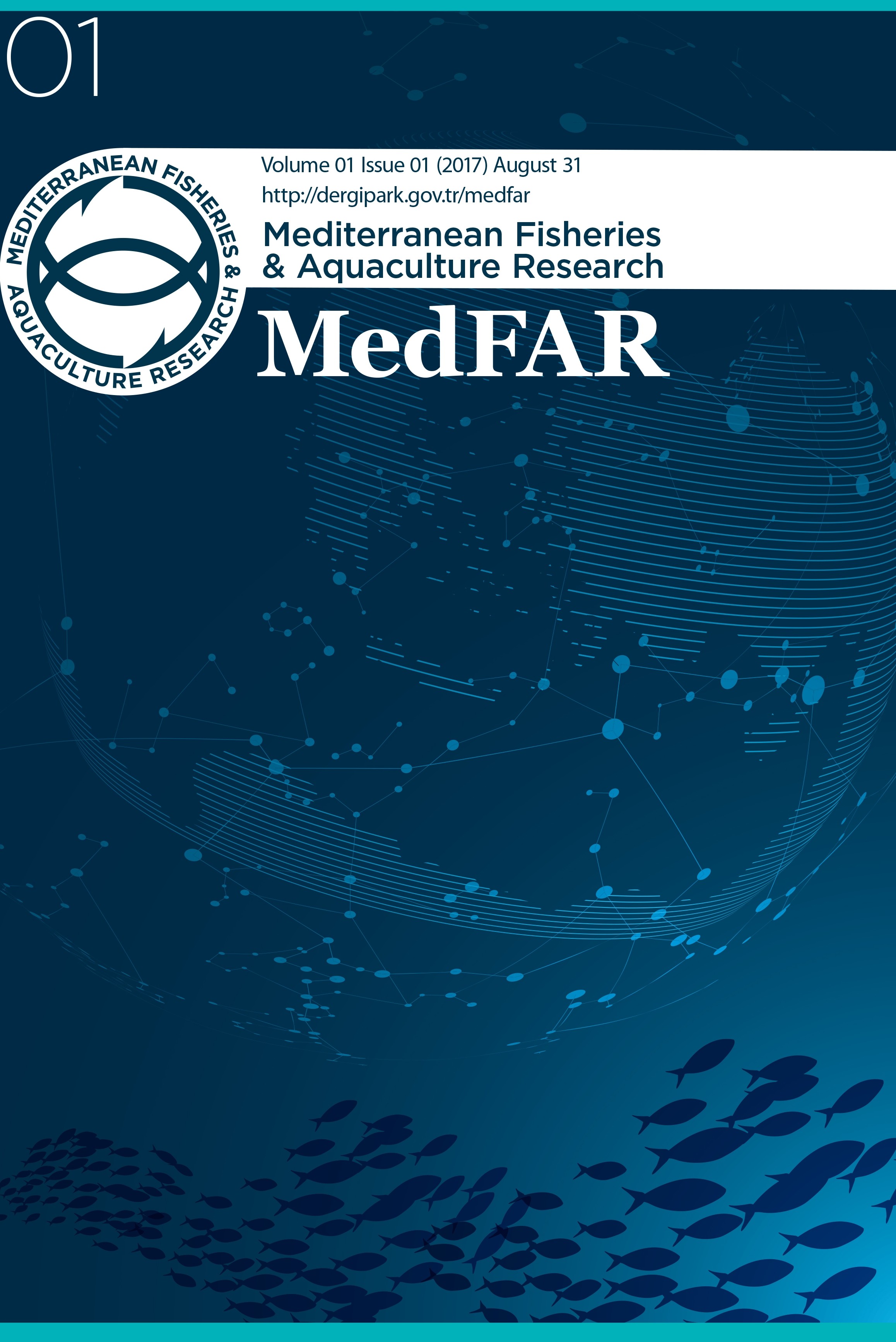
Mediterranean Fisheries and Aquaculture Research
Yazarlar: Nuray ÇİFTÇİ, Deniz AYAS
Konular:Deniz ve Tatlı Su Biyolojisi
Anahtar Kelimeler:Polycyclic aromatic hydrocarbons,Pollution,Sea food,Mediterranean Sea
Özet: Polycyclic aromatic hydrocarbons (PAHs) are organic compounds that are formed as a result of insufficient combustion of organic compounds and cause pollution in the environment. While its natural resources are volcanic activities, forest fires, organic matter decomposition, its anthropogenic resources are fossil fuels and petroleum derivatives. Aquatic ecosystems constitute the final discharge points of PAHs that mix with the atmosphere and soil. The transmission of PAHs accumulated in aquatic organisms to the upper trophic zones through the food chain is transmitted to humans by the consumption of seafood. It is known that there are more than a hundred PAH compounds in the environment, but 16 of them are considered as priority pollutants due to their carcinogenic effects. The Mediterranean is highly vulnerable to these pollutants as it is a sea that is heavily influenced by industrial and agricultural activities and has a limited connection with the ocean. It has been determined that the bioaccumulation of 16 carcinogenic PAH species in some consumable fish and invertebrate species in the Mediterranean poses a potential threat and the importance of risk assessments for human health has been emphasized. In this study, the general characteristics, sources, participation in aquatic ecosystems, accumulation and toxic effects of PAHs and their accumulation in consumable species living in the Mediterranean are presented.